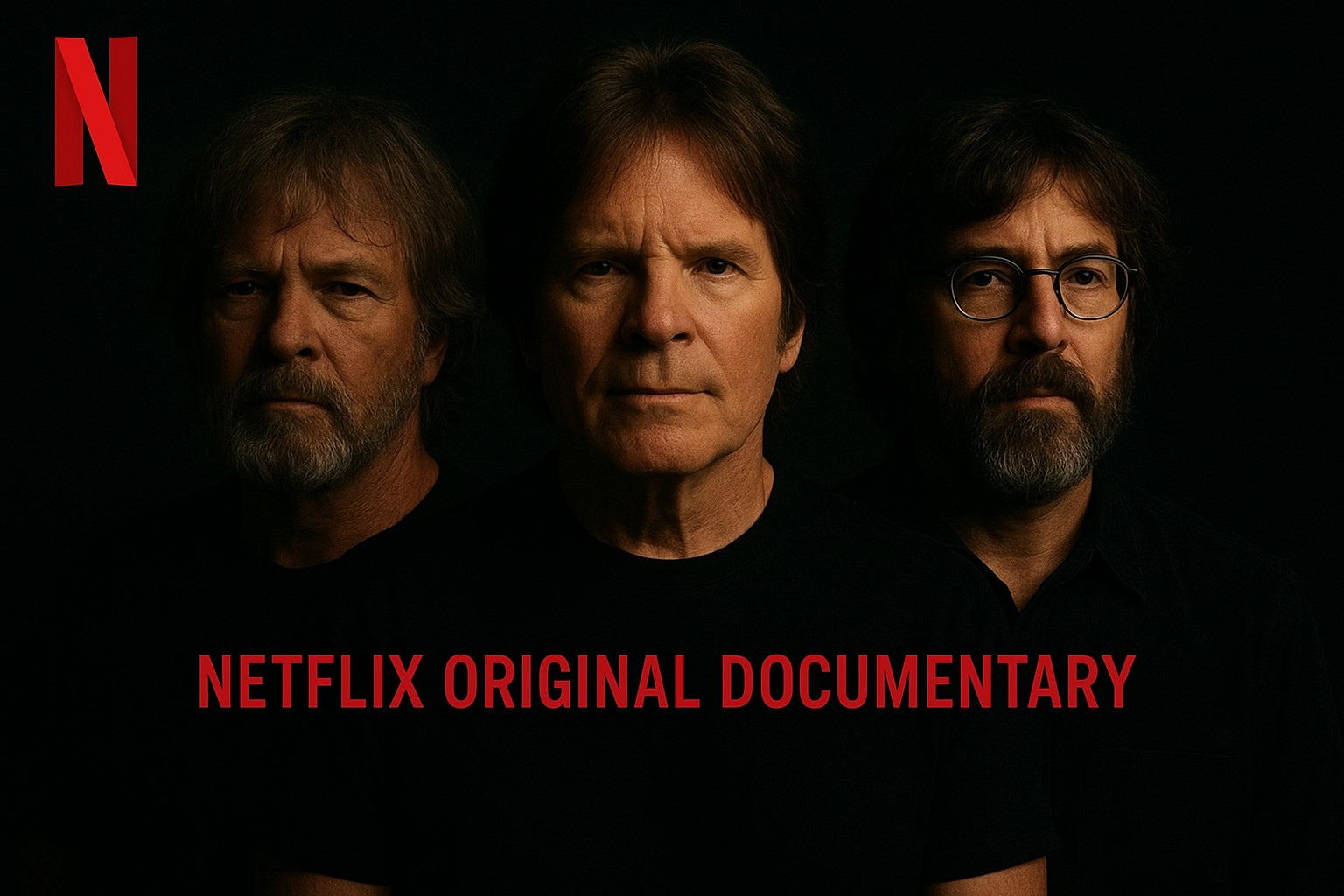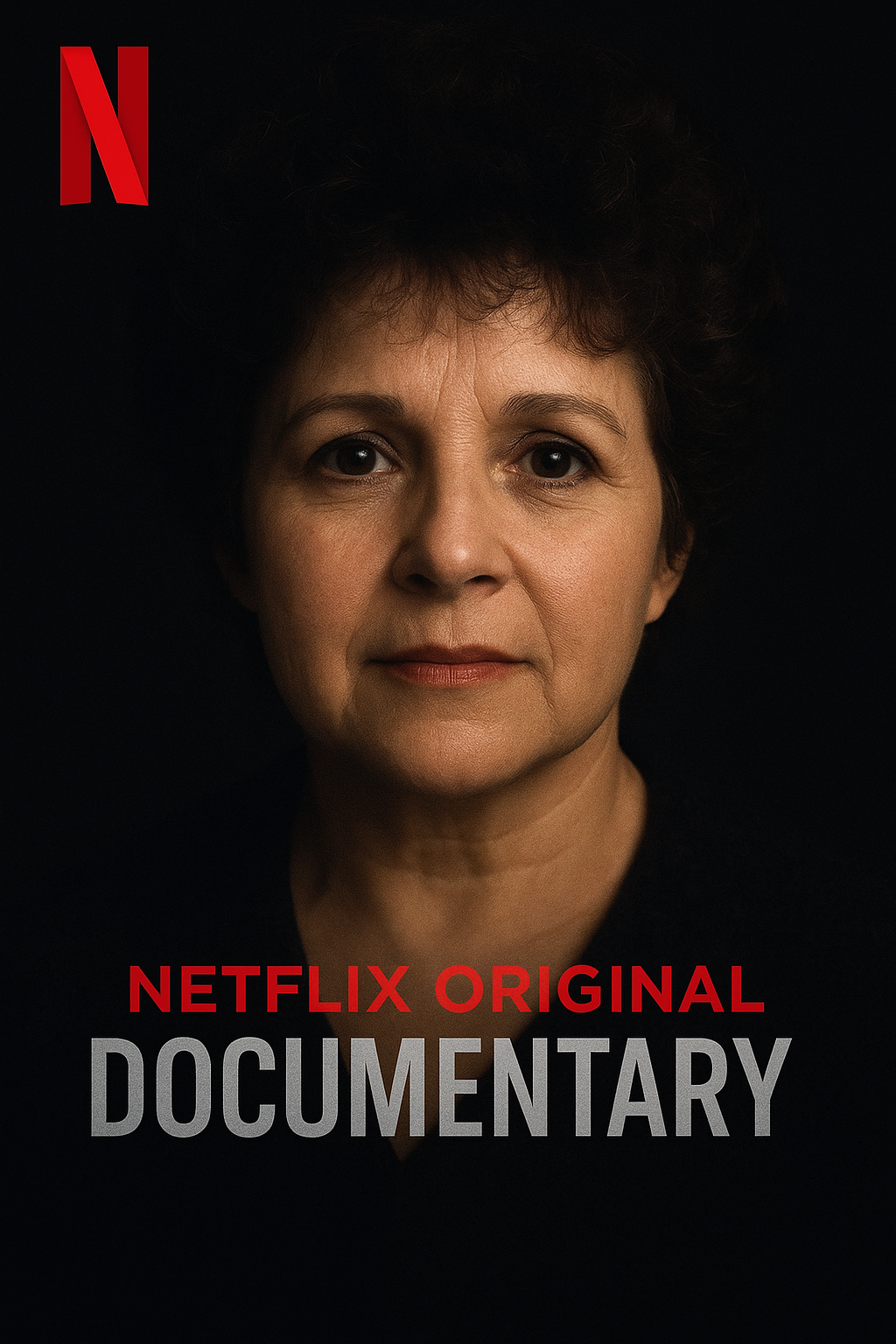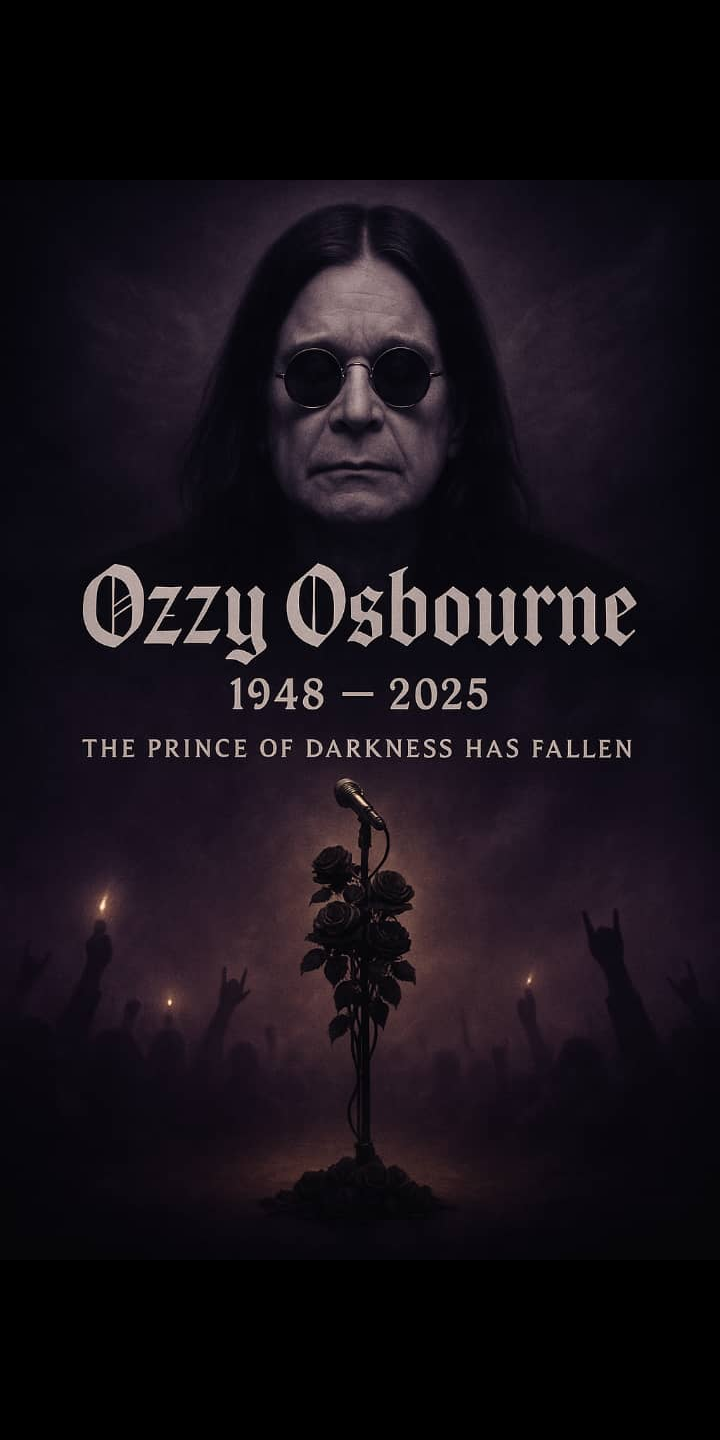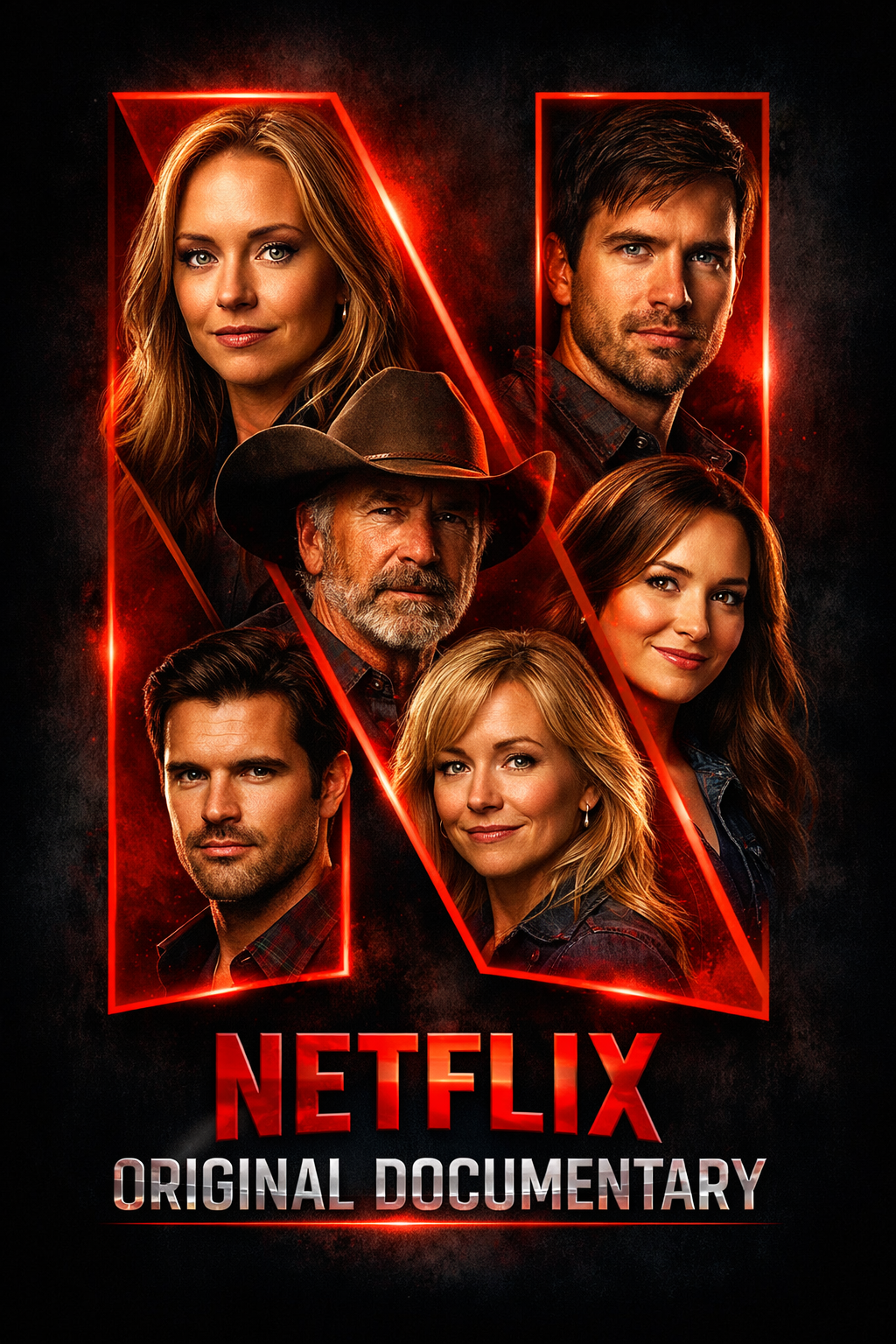Netflix has officially unveiled the trailer for its upcoming documentary centered on the legendary American rock band Creedence Clearwater Revival, igniting excitement among fans and music historians alike. The film promises to explore not just the rise of one of rock’s most influential groups, but also the internal tensions, creative triumphs, and cultural impact that defined the band’s brief yet explosive career. With this release, Netflix seems poised to deliver another compelling addition to its ever-growing library of music documentaries.
The newly released trailer opens with the familiar sound of John Fogerty’s raw, unmistakable vocals echoing through black-and-white footage of the band on stage. The energy is palpable, even decades later. Archival concert clips, behind-the-scenes moments, and candid interviews flash across the screen, painting a portrait of four musicians who never quite realized how big they’d become. It’s clear from the start that this film is more than a simple retrospective—it’s an emotional journey through one of rock’s most turbulent eras.
For fans who grew up with songs like “Fortunate Son,” “Bad Moon Rising,” and “Have You Ever Seen the Rain?,” the documentary represents an overdue deep dive into a band that shaped the American rock sound of the late 1960s. Creedence Clearwater Revival (CCR) wasn’t just a product of its time; it was a mirror reflecting the social upheaval of the Vietnam era. Through gritty storytelling and an unfiltered look at the band’s journey, the film aims to remind audiences why CCR’s music still feels so relevant today.
The documentary reportedly features newly uncovered footage from the band’s historic 1970 Royal Albert Hall concert, much of which has never been publicly released until now. Music lovers will likely be thrilled by the chance to experience this material in restored high definition, paired with interviews from surviving members and key figures from the band’s orbit. Netflix’s production team has emphasized authenticity, stating that they wanted the film to “feel like you’re right there in the moment, watching history unfold.”
One of the most striking moments in the trailer comes when the band is seen in rehearsal, arguing passionately about song arrangements. The scene captures the creative tension that both fueled their success and ultimately led to their downfall. Viewers can expect honest reflections from those who were there—people who witnessed firsthand how a band that once seemed inseparable could crumble under the weight of fame and conflicting ambitions.
What distinguishes this documentary from previous attempts to tell the CCR story is its access to personal archives and direct collaboration with John Fogerty himself. Fogerty’s participation is particularly noteworthy given his historically strained relationship with the Creedence legacy and former bandmates. His decision to contribute interviews and commentary signals a rare moment of reconciliation with the band’s complex past. His presence adds credibility and emotional weight, ensuring the story is told with both truth and introspection.
The Netflix documentary also situates CCR within the broader cultural context of their time, exploring how their swamp rock sound became the unofficial soundtrack of late-’60s America. The filmmakers draw connections between the band’s music and the social issues that defined the era—war, inequality, and the disillusionment of youth. It’s a reminder that while Creedence wrote songs for the radio, they also wrote songs that captured the restless soul of a generation.
From a technical perspective, early critics who viewed advance cuts of the film have praised its meticulous restoration work. Each frame of concert footage has been remastered to preserve the rawness of CCR’s live sound while cleaning up decades of wear and distortion. The result is said to be both nostalgic and immersive, allowing modern audiences to experience what made Creedence Clearwater Revival such a phenomenon in the first place.
Beyond the music, the film delves into the personal struggles of the band members, particularly the difficult dynamic between John Fogerty and his brother Tom. Interviews with friends and family provide touching insights into the human side of the story—the costs of fame, the pressures of the industry, and the lasting scars of creative disagreements. It’s not all melancholy, though; there’s also a sense of celebration, a recognition that the band’s brief lifespan produced a body of work that continues to inspire artists across generations.
Netflix’s involvement signals a major investment in preserving rock history for streaming audiences. Over the past few years, the platform has become a go-to destination for high-quality music documentaries, from those chronicling pop icons to unsung heroes of different genres. The Creedence project fits squarely within this trend, blending nostalgia with the kind of production polish Netflix is known for. It’s likely to appeal not only to die-hard CCR fans but also to younger viewers discovering the band for the first time.
The trailer concludes on a haunting note: a slow fade to the sound of “Who’ll Stop the Rain,” underscored by Fogerty’s weathered voice in a recent interview. “We didn’t know it then,” he says, “but we were writing the story of America.” That single line encapsulates the spirit of the documentary—an acknowledgment that music can both capture and transcend its moment in history. For Creedence Clearwater Revival, that moment never really ended; it just keeps echoing through generations.
With its release set for later this year, anticipation is already building across social media and fan communities. Early reactions to the trailer have been overwhelmingly positive, with viewers calling it “chilling,” “beautifully edited,” and “long overdue.” If the final film delivers on the promise of its preview, Netflix may have another major hit on its hands—and Creedence Clearwater Revival may finally get the cinematic tribute their legacy deserves.



